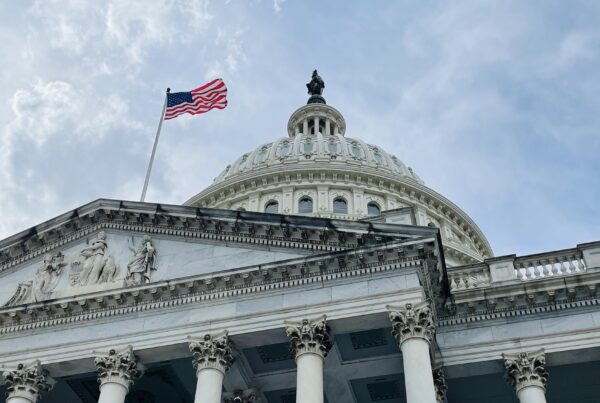One of the most talked about provisions of the Tax Cuts and Jobs Act (TCJA) was the severe limitation placed on the deductibility of state and local taxes (SALT) by individual taxpayers, capping the deduction at $10,000. Since the passage of the TCJA the states have been trying to implement legislation to mitigate the impact of the SALT limitation that will not be challenged by the Internal Revenue Service (IRS). New Jersey was one such state that attempted other SALT workarounds, the benefits of which were eliminated by the IRS. However, on January 13, 2020, New Jersey Governor Phil Murphy signed into legislation the “Pass-Through Business Alternative Income Tax Act”.
Effective for taxable years beginning on or after January 1, 2020, eligible pass-through entities (PTEs) can elect on an annual basis to compute and pay New Jersey tax on its business income at the entity level. This tax is referred to as the Business Alternative Income Tax (BAIT). The significance of this election is that since the TCJA did not limit the deductibility of business taxes, an eligible entity electing to pay the BAIT creates a business tax deduction which reduces the federal income that passes-through to the owners, and therefore, reduces the federal tax owed on such income. Eligible PTEs include S corporations, partnerships, and limited liability companies (LLCs) with at least two members. At least one of the owners of the PTE must be liable for New Jersey Gross Income Tax (NJ GIT) in order to make the election. All PTE owners must consent to the election on an annual basis on or before the original due date (without extensions) of the entity’s New Jersey return.
The BAIT is imposed on the PTE’s “distributive proceeds” for the tax year. “Distributive proceeds” does NOT refer to cash distributions, but instead includes the income, dividends, interest, rent, royalties, guaranteed payments and gains derived from or connected with sources within New Jersey. The PTEs distributive income is subject to tax at the following graduated rates for purposes of computing the BAIT:
- 5.675% for distributive proceeds below $250,000
- 6.52% for distributive proceeds between $250,000 and $1,000,000
- 9.12% for distributive proceeds between $1,000,000 and $5,000,000
- 10.9% for distributive proceeds over $5,000,000
Entities electing the BAIT will be required to file a BAIT return and make estimated tax payments. The due date of the BAIT return is the 15th day of the third month following the last month of the tax year. The estimated payments are due on the 15th day of the fourth, sixth, and ninth month of the tax year with the final payment due on the 15th day of the first month following the last month of the tax year.
Non-corporate owners of a PTE that makes a BAIT election will still report their pro rata share of the PTE income, unreduced by the BAIT deduction, on their NJ GIT return. They will receive a refundable credit against their NJ GIT equal to their pro rata share of the BAIT paid by the PTE. Similarly, corporate owners are also entitled to a credit against their Corporate Business Tax (CBT) as well as the temporary surtax. There are special rules that apply to a group of corporations under common control.
New Jersey taxpayers stand to benefit from this new law. Several other states have already enacted similar legislation. To date, the IRS has not challenged these laws. However, while the BAIT Act seems to provide the much-desired SALT workaround, there is still uncertainty about whether the IRS will challenge these rules.





